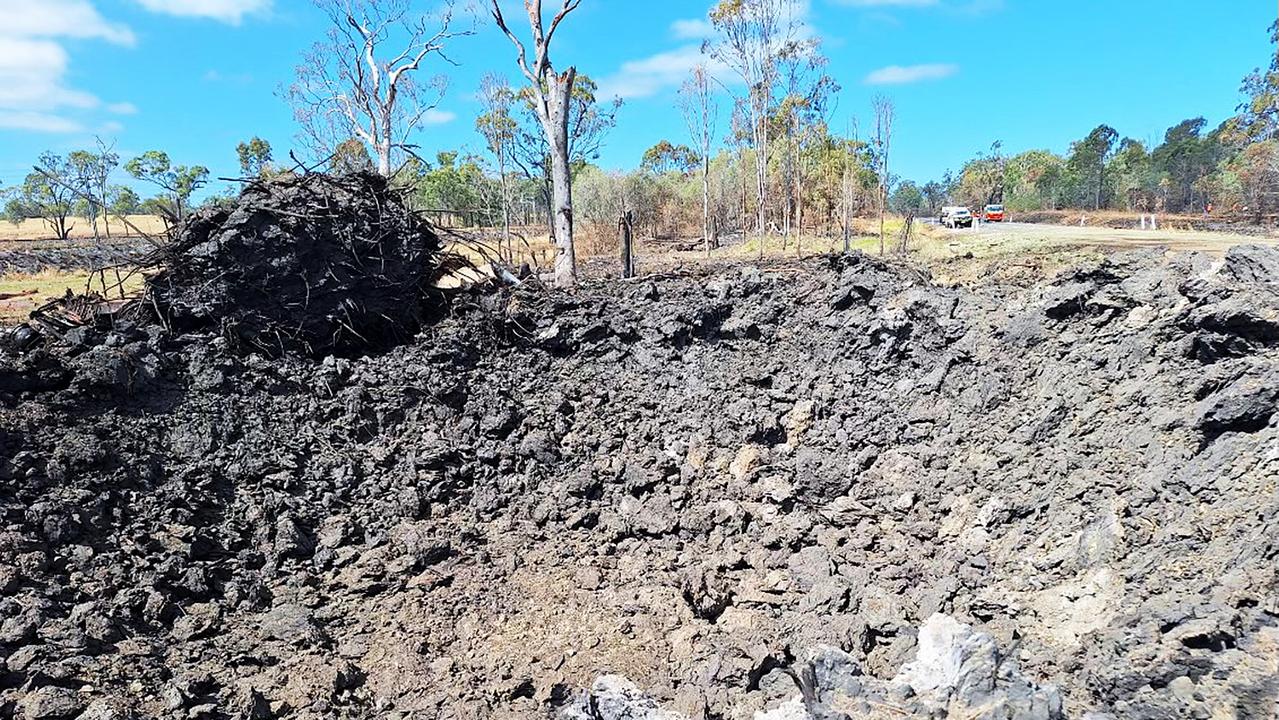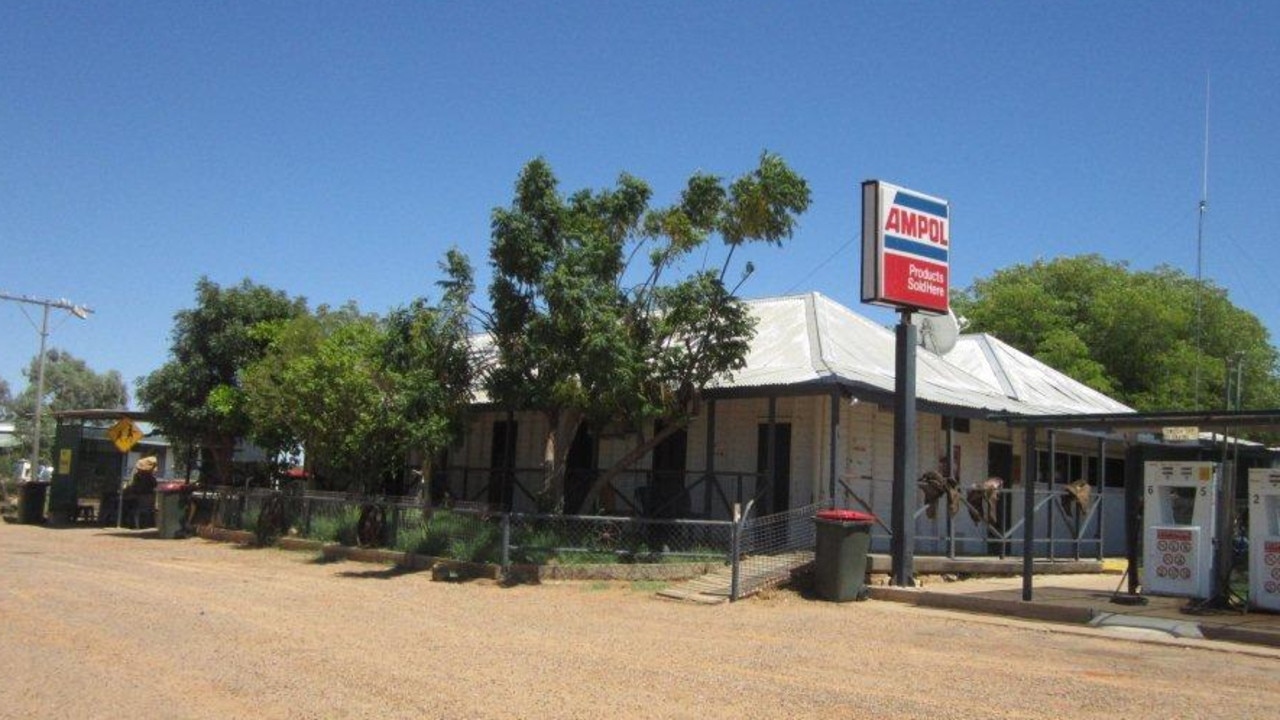Bush Summit 2024: Mayors blame ‘drip feed’ for property prices
Regional Queensland mayors have pointed to a major factor they say is driving up property prices.
Bush Summit
Don't miss out on the headlines from Bush Summit. Followed categories will be added to My News.
Regional mayors say private developers “drip feeding” land into the property market are driving up house prices.
The claim comes as one North Queensland energy investor revealed accommodation options that would initially house workers could then be sold back into the private market to help bolster long-term supply.
This story is part of News Corp Australia’s Bush Summit series celebrating rural and regional Australia and championing the issues that matter most to those living in the bush. You can read all our coverage here
Housing was identified as a key roadblock to prosperity by Gladstone Mayor Matt Burnett and Mackay Mayor Greg Williamson at the Queensland Futures Institute’s Investing in Regional Queensland forum in Brisbane.
Gladstone Mayor Matt Burnett said his region had a lot of exciting resource projects in the pipeline that would create jobs but their were concerns around where those workers would live during construction and operations.
He said workforce-specific accommodations were appropriate in some cases but more private options, like ones that could draw people closer into the city of Gladstone, were needed but were being drip fed.
“We have one developer currently and I won’t mention names … that puts eight lots on at a time when they’ve got hundreds available,” he said.
“Private partners can be part of the solution, but they are also part of the problem themselves.
“By drip feeding the market so they can maximise their profits, I get it, but that’s causing half the problems in terms of the pricing.”
Cr Williamson said his region’s vacancy rate was about 0.5 per cent, with up to 1000 people sleeping rough every night.

He said that since Covid-19, there were 3000 fewer rental properties because more people were wanting to move to the region and attractive median house prices had led to more owner occupied homes.
“One of the reasons you can’t fill a job in a regional city like ours is there is no where to live,” he said.
“We can’t get houses built, and this is a real issue in terms of private enterprise stepping up to the market in regional cities like ours, and not drip feeding the market so the prices will go down.”
Australian-owned Quinbrook Infrastructure Partners last year announced an $8 billion plan to build the country’s first polysilicon manufacturing facility on a 200-hectare site at the Lansdown Eco-Industrial Precinct near Townsville.
Quinbrook’s Regional Leader Australia Managing Director Brian Restall said in consultation with BDO Australia and Townsville City Council it was considering if traditionally temporary project accommodation could be more permanent.
“One of the ideas … is that part of our construction camp isn’t just dongers in a field that sort of get plonked and then get taken away,” he said.
“We’re only 25 to 30km out of Townsville so they are putting pressure on me, as one of the endowments for the city, to have a bit of property development that actually gets sold off later on.
“That’s because we’re close to Townsville … and we’re open to that.
“It’s not all of the (housing) solution, but part of it.”
He said the accommodation model could also be considered for projects in other regional cities like Gladstone.


